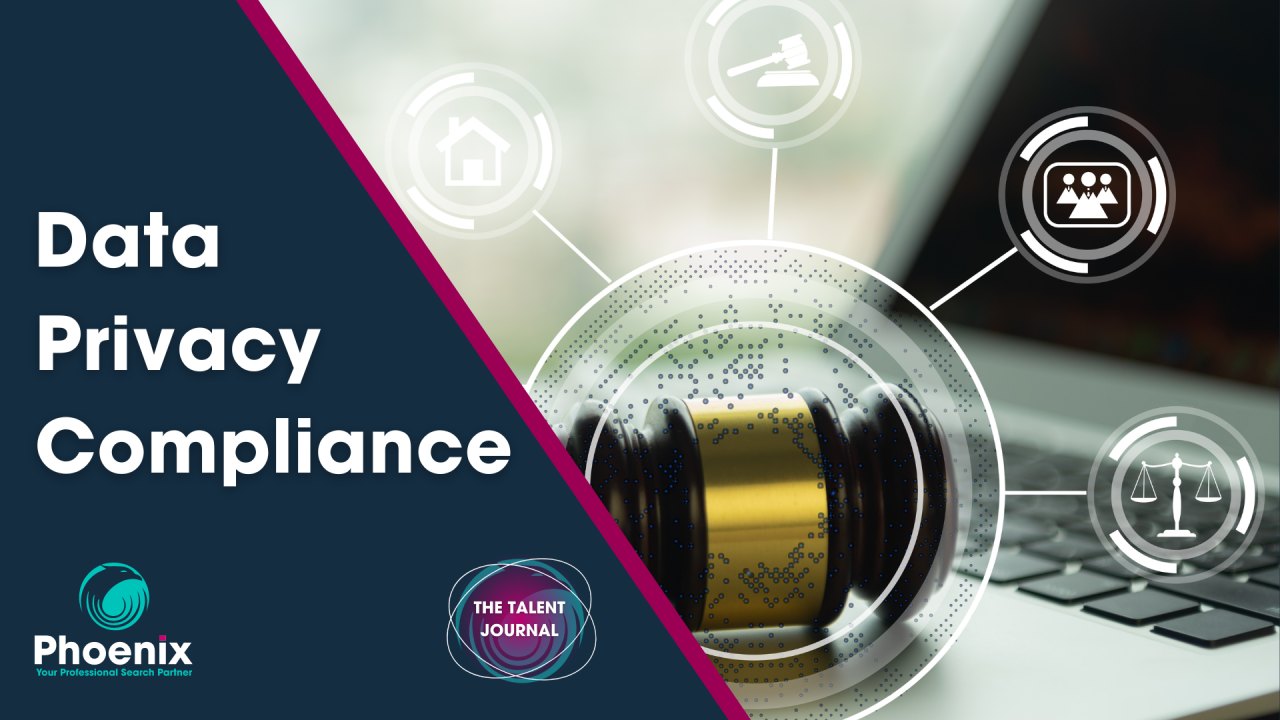Navigating Compliance: Data Privacy in the Modern Era
The increasing digitization of information has brought about a heightened awareness of the importance of data privacy. In the modern era, where data breaches and privacy concerns are prevalent, businesses must prioritize data privacy compliance to safeguard sensitive information. This article explores the significance of data privacy compliance, the regulatory landscape, and the measures businesses can take to ensure adherence.
Understanding Data Privacy Compliance: A Strategic Imperative
Data privacy compliance refers to the adherence to regulations and standards that safeguard the confidentiality, integrity, and availability of personal and sensitive data. In an era where data is a valuable asset, compliance is not just a legal requirement but a strategic imperative. Businesses that prioritize data privacy compliance not only mitigate the risk of legal consequences but also build trust with their customers, fostering long-term relationships.
Regulatory Landscape: Navigating a Complex Web of Laws
The regulatory landscape for data privacy is intricate, with various countries and regions enacting their own laws and regulations. Notable among them is the General Data Protection Regulation (GDPR) in the European Union, the California Consumer Privacy Act (CCPA) in the United States, and numerous other national and regional frameworks. Navigating this complex web of laws requires a comprehensive understanding of the specific requirements applicable to a business’s operations.
Consumer Trust: The Cornerstone of Data Privacy Compliance
Consumer trust is the cornerstone of successful businesses, and data privacy compliance plays a pivotal role in building and maintaining that trust. When customers know that their personal information is handled with care and in accordance with established privacy regulations, they are more likely to engage with a business, share data willingly, and remain loyal. Prioritizing data privacy compliance is, therefore, a strategic investment in fostering a positive relationship with customers.
Data Minimization and Purpose Limitation: Key Principles of Compliance
Two fundamental principles of data privacy compliance are data minimization and purpose limitation. Data minimization involves collecting only the data that is necessary for the intended purpose, reducing the risk associated with unnecessary information. Purpose limitation ensures that data is collected for specific, legitimate purposes and not used for any other purposes without explicit consent. Adhering to these principles is foundational for compliance.
Data Security Measures: Safeguarding Against Breaches
Data breaches can have severe consequences for businesses, both in terms of financial losses and damage to reputation. Implementing robust data security measures is essential for data privacy compliance. This includes encryption, access controls, regular security audits, and employee training on security best practices. A comprehensive approach to data security reduces the risk of unauthorized access and ensures compliance with privacy regulations.
Consent Management: Empowering Users with Control
Obtaining and managing user consent is a crucial aspect of data privacy compliance. Businesses must clearly communicate the purposes for which data is collected and seek explicit consent from individuals. Consent management tools enable businesses to record and manage user consent preferences, empowering users with control over their personal information. Transparent and user-friendly consent processes contribute to compliance and user trust.
Data Subject Rights: Fulfilling Obligations Toward Individuals
Data privacy regulations grant certain rights to individuals, known as data subjects. These rights include the right to access, rectify, and erase personal data. Businesses must establish processes to fulfill these obligations promptly and efficiently. Responding to data subject requests not only ensures compliance but also demonstrates a commitment to respecting individuals’ rights and privacy.
Privacy by Design: Integrating Privacy from the Start
Privacy by Design is a proactive approach to data privacy that involves integrating privacy considerations into the design and development of products and systems. By embedding privacy features from the outset, businesses can enhance compliance, reduce the risk of data breaches, and demonstrate a commitment to ethical data handling practices. Privacy by Design is a forward-thinking strategy in the rapidly evolving landscape of data privacy.
Continuous Compliance Monitoring: Adapting to Evolving Regulations
Data privacy regulations are dynamic, with updates and changes occurring regularly. Continuous compliance monitoring is essential for businesses to adapt to evolving regulations. Regular assessments, audits, and staying informed about regulatory changes ensure that businesses remain compliant and are well-prepared to address new challenges in the ever-changing landscape of data privacy.
Explore Data Privacy Compliance: A Strategic Imperative
As businesses navigate the complexities of data privacy compliance, it is imperative to stay informed, proactive, and committed to ethical data handling practices. Explore the transformative impact of Data Privacy Compliance as a strategic imperative that not only meets legal requirements but also builds trust, enhances customer relationships, and ensures the responsible and ethical use of personal information.


